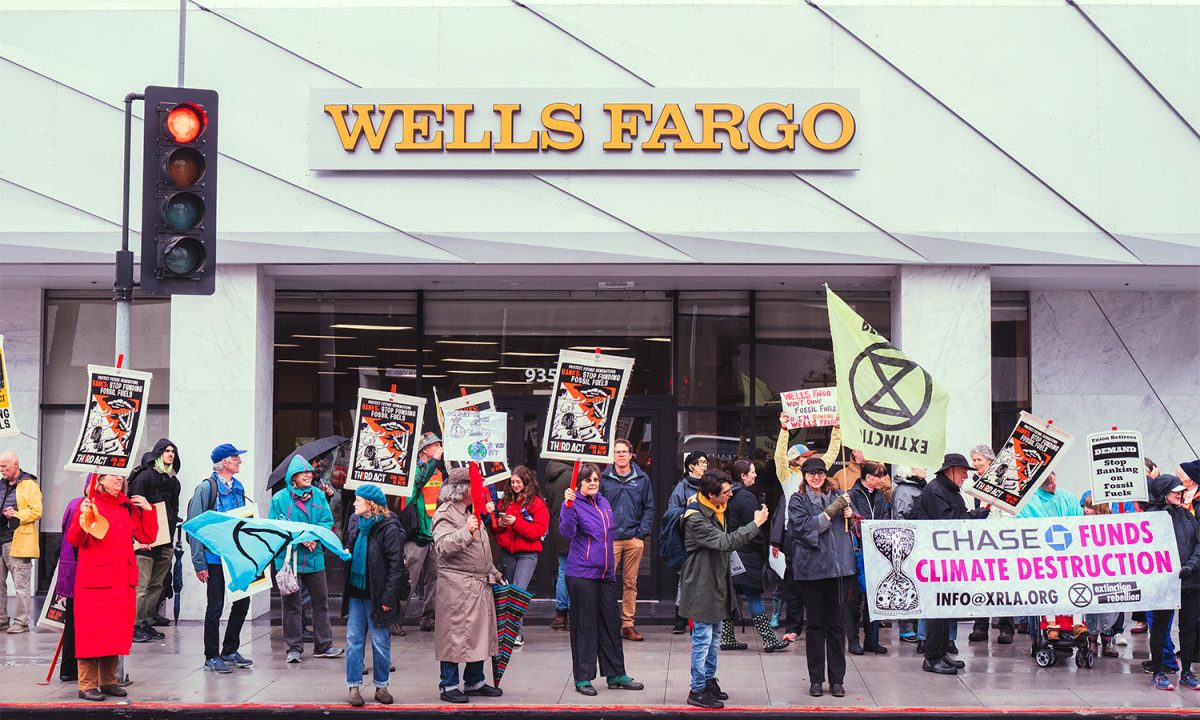On July 20, the Beverly Hills Climate Action and Adaptation Plan (CAAP) Community Advisory Committee hosted a climate action movie night at Roxbury Park that featured a screening of the documentary “Ice on Fire” followed by a Climate Action Panel featuring experts and leaders in sustainability. The evening also included food trucks, booths with a variety of eco-friendly vendors, music, and activities. Produced and narrated by Leonardo DiCaprio, the documentary explores the effects of climate change and how it is being felt around the world, while examining the need to reduce carbon emissions. Moderated by Public Works Commissioner Wendy Nystrom, the panel included Chris Liban, Chief Sustainability Officer at the Los Angeles County Metropolitan Transportation Authority (Metro), Jessica Aldridge, Director of Sustainability and Zero Waste Programs for Athens Services, Executive Director U.S. Green Building Council’s Los Angeles chapter Ben Stapleton, and Policy Director at Clean Power Alliance Gina Goodhill.
Panelists were asked about best energy and sustainability practices, how city is taking steps to meet its climate goals, and simple everyday actions for Beverly Hills residents to lower their carbon footprint.
“As they said in the movie, one of the best ways to sequester carbon is to be able to put that back into your soil and create healthy, resilient, plants,” Aldridge said. “And that is what you are specifically doing every single time you’re going to use that kitchen pail.”
California legislation has established reduction targets for Greenhouse gas emissions and requires the state to reduce emissions to 40% below 1990 levels by 2030 and achieve statewide carbon neutrality by 2045. The CAAP aims to reach long term community goals by providing cleaner energy, reducing air pollution, supporting local economic development, and improving public health.
To remain in compliance with Senate Bill 1383, a new statewide mandatory organic waste collection law, every jurisdiction, including Beverly Hills, is required to provide organic waste collection services to all residents and businesses. All entities of the city will be asked to contribute to the reduction of methane by collecting and separating their food scraps.
The city is providing residents with 90 gallon “GREEN” green waste collection containers as well as a kitchen pail to help meet state-mandated reduction goals. According to the city, green waste accounts for roughly 40% of all waste generated Beverly Hills residents. To avoid bugs and odors when composting, Aldridge suggested sprinkling baking soda or spraying the pail beforehand with soap.
With buildings looking for an energy efficient retrofit to offset carbon emissions, panelists were asked for recommendations with regards to electrification and water conservation.
“There are four major sources of emissions in our homes, and that is our cooktops, it’s our dryers, it’s our heating and hot water heating,” Stapleton said. “And that’s what creates emissions in our homes.” According to Stapleton, buildings account for about 48% of our greenhouse gas emissions.
“Things like LED lights, like insulation, some of that’s no brainer kind of stuff, but it all adds up and we really have to take that into account,” Stapleton said. “We can’t just keep finding more ways to use more power, we have to be more efficient with the power in our homes. And then as we look to transition, right now there’s a lot of rebates available for things like heat pump HVAC, heat pump water heating, induction cooktops are coming down in price, and there’s incentives for those, but that’s going to require infrastructure changes to our home.”
Stapleton also encouraged the use of more native plants, explore drought tolerant landscaping and address water usage by switching to a drip irrigation system instead of sprinklers.
Beverly Hills is currently enrolled in the Clean Power Alliance 100% renewable energy program, meaning the electricity used will be procured by the Clean Power Alliance
“Currently, Beverly Hills gets 50% of that power under our rate that we offer, which is 50%, clean,” Goodhill said. “But starting in October, it will be 100% renewable energy from the sun, from the wind, and from other renewable energy sources. So, it’s a huge, very exciting move that Beverly Hills has signed on to.”
According to Goodhill, moving Beverly Hills to 100% clean energy will have the impact of reducing 186.4 million pounds of greenhouse gas emissions annually, “which is the equivalent of planting 1.4 million trees or removing 18,182 cars off the road.” However, the move to clean energy comes at a cost. Goodhill explained that customers can expect a 3% cost increase in their bills, and no cost increase for low-income customers.
To learn more, visit beverlyhills.org/BHCAAP.







